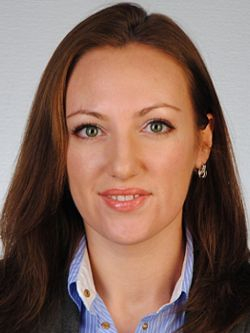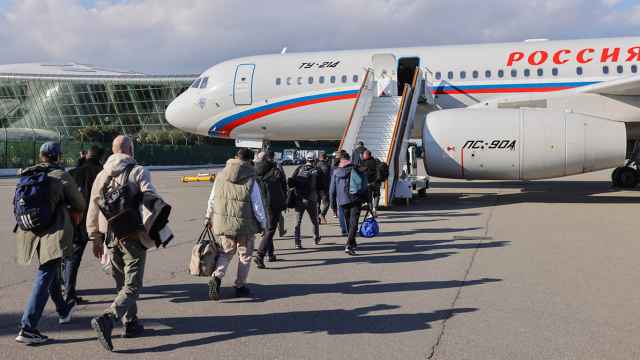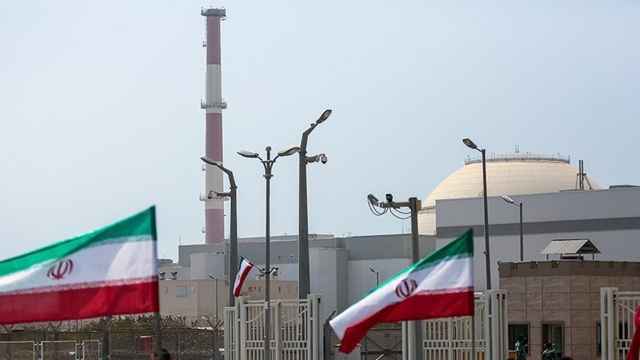
Ekaterina Zozulya
Director-Strategic Development
In2Matrix
Many companies succeed in providing a variety of employee benefits. The standard package of employee benefits, including Voluntary Medical Insurance (VMI ) and food vouchers, is almost no longer perceived by talented employees as a competitive advantage of the employer. Forward-thinking companies go further and try to adapt international practices to the Russian market, and also conduct benchmarking for the best local experience.
However, VMI today is the most popular social privilege, designed to solve a number of problems:
• increased productivity by reducing morbidity;
• the provision of timely medical care to employees.
Unfortunately, for all the popularity of VMI, HR departments still come across problems in health insurance and inconvenience for users of these programs. The most difficult for international medical insurance companies is to provide medical insurance to expats who often hold leading positions and require special attention. This is not surprising, because we are responsible not only for them but also for their families who temporarily reside with them.
All this becomes a reason for developing new products and services in the employee benefits market.
Many companies are aware of International Medical Insurance (IMI), but until 2009 only foreign employees going to work abroad could benefit from that.
In 2009, there were the first examples of local programs for international health insurance in Russia, not only for expats, but also for Russian employees. Currently, IMI is an attractive alternative for VMI employees of a certain level, such as top and middle management.
So, what exactly is IMI, and how is it different from the popular VMI program?
Today, the Russian market can take advantage of programs of four leading insurance players who are in partnership with international insurers.
First of all, it is a medical insurance program that provides insurance both in Russia and abroad, depending on the coverage.
The main difference from the VMI is an expanded list of medical services provided by the program. Unlike the VMI, it includes: rehabilitation, treatment of critical illness, pregnancy and childbirth, transplantation, prosthetic devices, the treatment of cancer and AIDS, drugs, treatment of mental disorders, neonatal care, routine checkups, evacuation and repatriation.
It is important to note that the enhanced sum insured is greater than the maximum amount of the VMI program, which allows employers to avoid financial risk for some types of illnesses.
Example: We provide our employees with travel insurance if they are going on a trip abroad, but it always involves only emergency medical care.
The IMI program includes necessary planned treatment abroad. Moreover, this program gives an employee who has basic insurance access to any medical institution, even of a higher level.
In the case of VMI, it depends on the level of the plan (standard to VIP).
Today, the Russian market can take advantage of programs of four leading insurance players who are in partnership with international insurers. This alliance is established to ensure the maintenance and administration of such programs. Quite often, medical services companies are involved to co-operate in order to provide international medical services assistance, including in Russia. Programs of this type of insurance also provide a settlement of the international system of payments.
Example: A senior manager of an international financial and investment services company was insured by a local VIP IMI program and expats were insured through a global agreement by headquarters, which hampered service processes and the resolution of complaints. Problems arose with the employees based abroad — they were not happy with the level of services and claims, as handling was carried out through the head office and with the local employees — they were not satisfied with the selection of medical institutions. The solution was to offer an IMI program for both. As a result, the company had an opportunity to take advantage of tax benefits to subscribe a local agreement.
Expats received local support as part of the IMI program and it also simplified getting the treatment they need in the clinics. Local employees received the desired inclusion of medical institutions together with the expansion of health services, while expenses remained at the planned level, and the level of satisfaction increased.
A Message from The Moscow Times:
Dear readers,
We are facing unprecedented challenges. Russia's Prosecutor General's Office has designated The Moscow Times as an "undesirable" organization, criminalizing our work and putting our staff at risk of prosecution. This follows our earlier unjust labeling as a "foreign agent."
These actions are direct attempts to silence independent journalism in Russia. The authorities claim our work "discredits the decisions of the Russian leadership." We see things differently: we strive to provide accurate, unbiased reporting on Russia.
We, the journalists of The Moscow Times, refuse to be silenced. But to continue our work, we need your help.
Your support, no matter how small, makes a world of difference. If you can, please support us monthly starting from just $2. It's quick to set up, and every contribution makes a significant impact.
By supporting The Moscow Times, you're defending open, independent journalism in the face of repression. Thank you for standing with us.
Remind me later.





